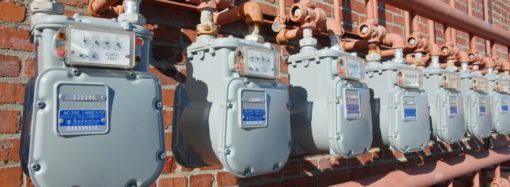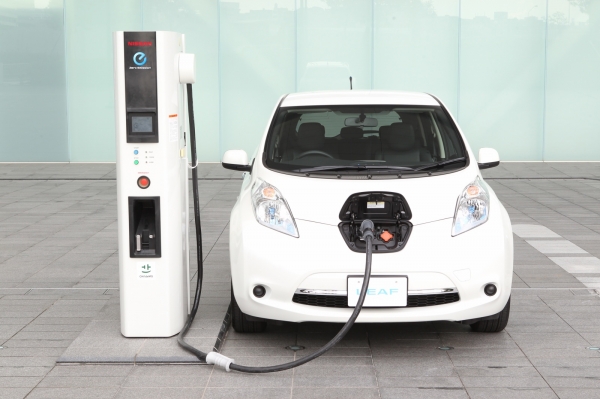If you haven’t watched Reason TV’s Remy, just play one of his music videos. Besides being both clever and hilariously entertaining, each video drops what 30 Rock called a truth bomb: “A fact or piece of knowledge that, when told to a listener, is devastating to the listener’s argument or world view.”
A favorite Remy video exposes the truth about electric vehicle (EV) tax credits. Describing it doesn’t do it justice. For your convenience, watch it below.
Further, consider emailing it to your legislator because the General Assembly is considering a bill that would extend Colorado’s overly generous EV tax credits.
HB19-1159, “Modify Innovative Motor Vehicle Income Tax Credits,” is sponsored by House Reps Sonya Jaquez Lewis (D-Boulder County) and Matt Gray (D-Boulder, Broomfield Counties) and Senator Jessie Danielson (D-Jefferson County).
Under current law, the $5,000 tax credit for both purchasing and leasing an EV were slated to be reduced in 2020, reduced further in 2021 and eliminated in 2022. HB19-1159 increases the credit in 2022 and extends it through 2025. From passenger cars to heavy duty trucks, if it’s an electric or plug in hybrid electric vehicle, it will qualify for a state tax credit. Although the amounts vary, purchasers of larger vehicles, such as medium- and heavy-duty trucks will receive a larger credit.
According to the bill’s fiscal note, from FY 2021 to FY 2026, the General Fund will take a $67 million hit. Who absorbs the hit? Working class Coloradans who are legislatively forced to subsidize the driving habits of Colorado residents purchasing their second or third vehicle.
The huge tax dollar giveaway already has passed two committees in the State House.
Meanwhile, recently elected Governor Jared Polis and the legislature are concerned about their ability to fund other ambitious policy proposals (i.e., “free” full-day kindergarten) and are pushing through SB19-181, which acts on a de facto ban on future oil and gas development – an industry that contributes hundreds of millions of dollars annually to K-12 education in Colorado. Absent those funds, the state will have to backfill the lost revenue.
Paraphrasing what Senator Lundeen said on the floor last week, the General Assembly is killing or at least maiming a cash cow – the oil and natural gas sector – with SB19-181. If it passes, it has the potential to eliminate new wells, dramatically reduce oil and gas production, and take away hundreds of millions of dollars of severance and property taxes.
Looking for new sources of taxpayer money, Speaker of the House KC Becker (D-Boulder) proposes permanently gutting our Taxpayer’s Bill of Rights (TABOR) by eliminating government spending caps. But she faces a heavy lift as a recent poll shows TABOR is wildly popular with 71 percent giving it a thumbs up.
All of this makes extending EV tax credits fiscally irresponsible. With a Governor willing to mandate the sales of electric vehicles and Democrats in control of both chambers, it is likely HB19-1159 will be signed into law.
Hence, in the coming years, those single mothers and struggling families utilizing the free kindergarten service will also be helping purchase someone’s new electric vehicle – who statistics indicate probably earns at least $100,000 per year. In other words, the individuals who want an electric vehicle can afford an electric vehicle.
It doesn’t take an economist to know that it’s not sound fiscal policy to crush production and growth in an industry (oil and gas) that has contributed a billion dollars in taxes since 2015 and then promise to give away millions in tax revenue to six figure earners.
Colorado appears a culturally divided state right now but one thing we should agree on is if government is going to spend our tax dollars on welfare programs, single mothers and lower income families should be the beneficiaries – not the wealthy guy with the house in Cherry Hills purchasing his third vehicle.
*This blog post has been updated to reflect the most current fiscal note of HB19-1159








